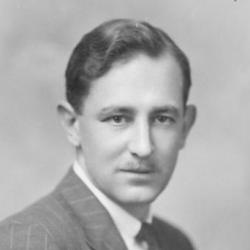A Quote by Norman Borlaug
Abnormal stresses and strains tend to accentuate man's animal instincts and provoke irrational and socially disruptive behavior among the less stable individuals in the maddening crowd.
Related Quotes
There was an idea that God created man different from other animals, because man was rational and animals had drives and instincts. That idea of a rational man that was specially created went out the window when Darwin showed that we evolved from animal ancestors, that we have instincts, much as do animals, and that our instincts are very important. It was a much more sophisticated, nuanced, and rich view of the human mind.
Companies, in fact, are specifically organized to under-invest in disruptive innovations! This is one reason why we often suggest that companies set up separate teams or groups to commercialize disruptive innovations. When disruptive innovations have to fight with other innovations for resources, they tend to lose out.
Behaviorism proposes to study human behavior according to the methods developed by animal and infant psychology. It seeks to investigate reflexes and instincts, automatisms and unconscious reactions. But it has told us nothing about the reflexes that have built cathedrals, railroads, and fortresses, the instincts that have produced philosophies, poems, and legal systems, the automatisms that have resulted in the growth and decline of empires, the unconscious reactions that are splitting atoms.
While I think in principle people should not have irrational beliefs, I should say that as a matter of fact, it is people who hold what I regard as completely irrational beliefs who are among the most effective moral actors in the world, in many respects. They're among the worst, but also among the best, even though the moral beliefs are ostensibly the same.





































